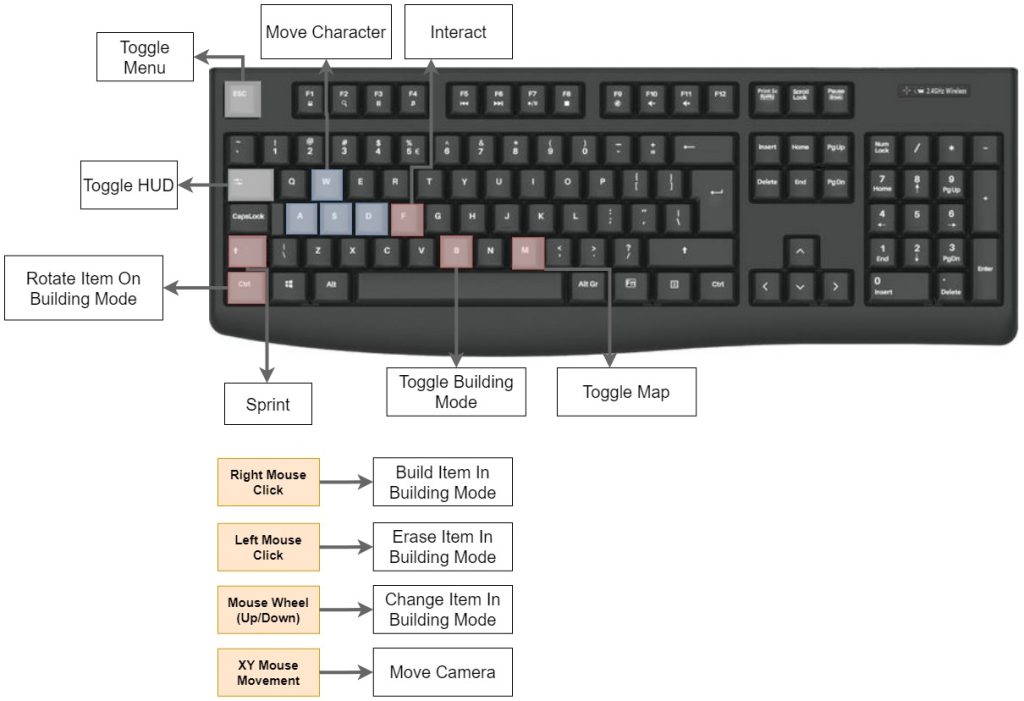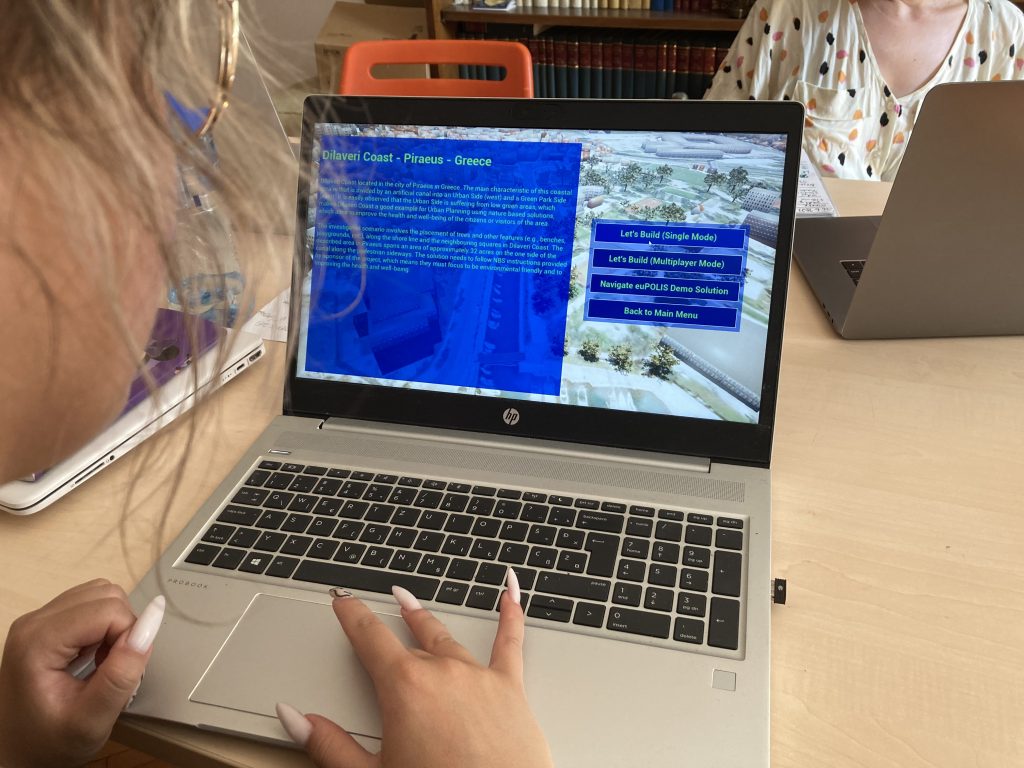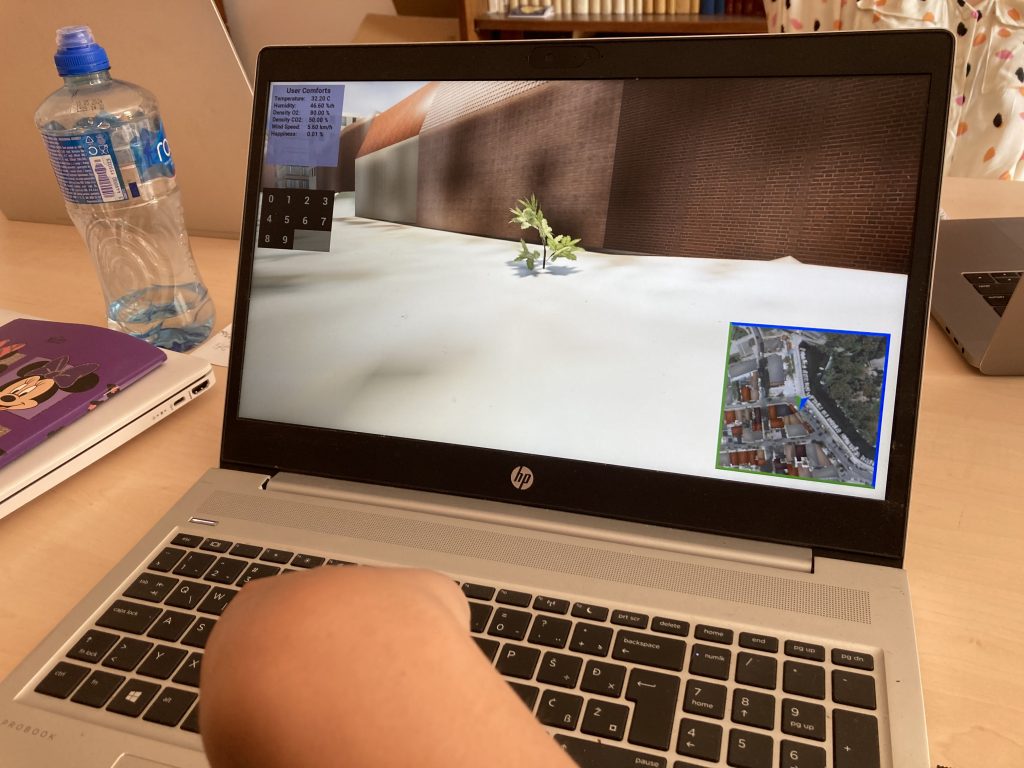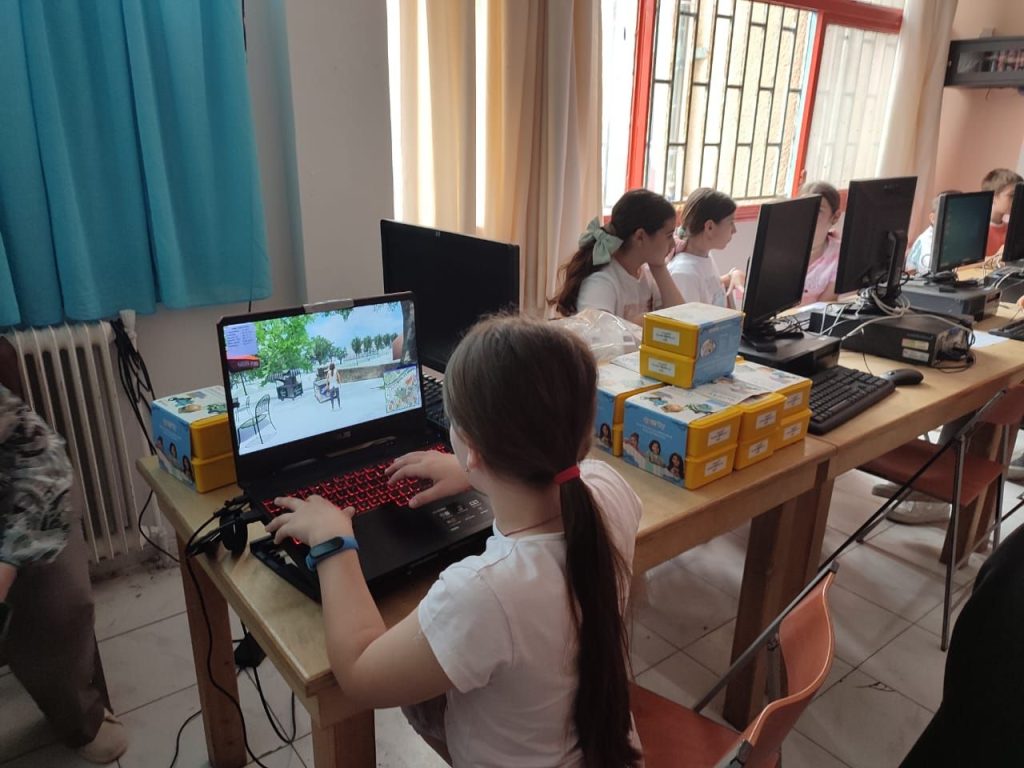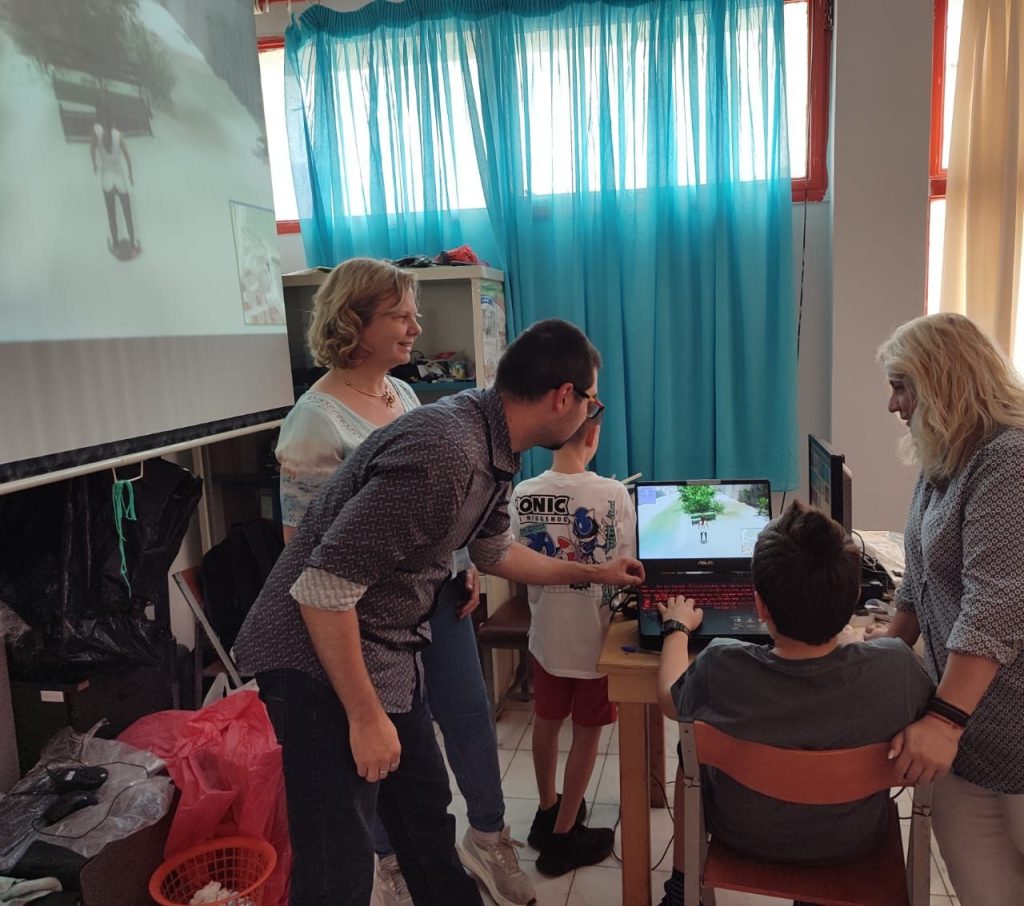Urban Planning Gamification by euPOLIS
As part of creating and developing tools and methodologies to level up urban planning, creating sustainable, livable, and resilient cities for the future – now, a euPOLIS expert, Ioannis Kavouras from the National Technical Univesity of Athens, made a demo version of the euPOLIS urban planning game. This tool is planned to be used in engaging citizens in the decision-making and city-designing processes, by giving their feedback thus helping experts and authorities interweave their point of view when creating urban spaces.
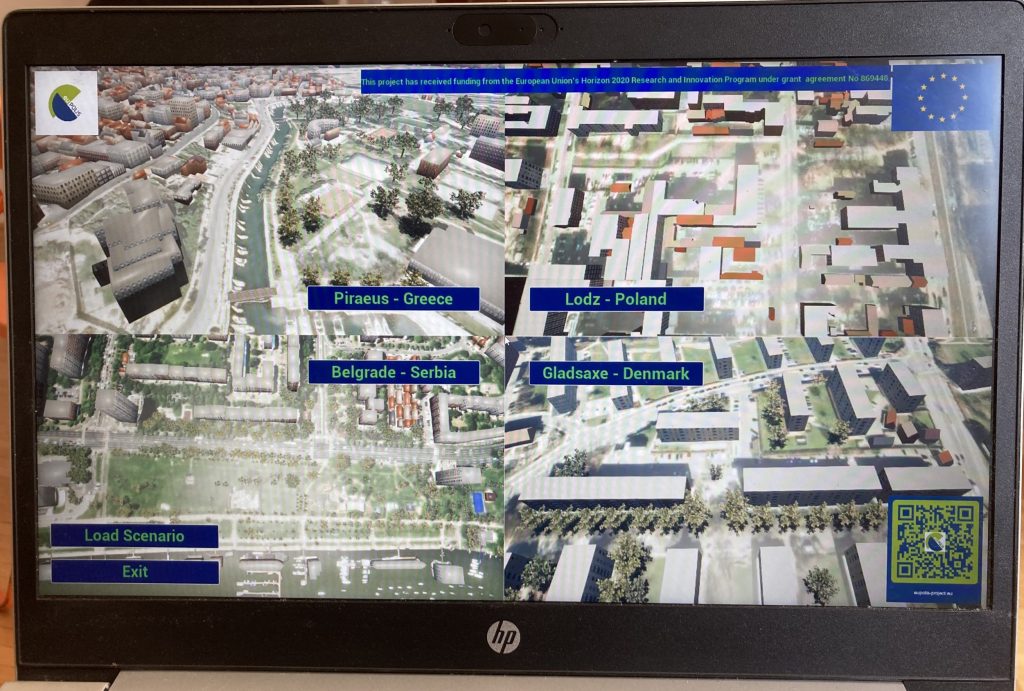
Video games have been a part of our growing-up journey since the eighties, and they have changed the perception of those generations towards many aspects of reality. With that came an ever-growing gap between the older generations, not only regarding spending our free time, but also creativity, responsibility, and relationship with the world around us, and ultimately, making so far ways and methodologies of how we used to get things done, obsolete, costly, non-effective and even harmful.
Bringing advanced, engaging, and visually appealing games into learning processes and education is already yesterday’s news. Nowadays, we use quite a selection of „funky“ tools that resemble play rather than serious work. However, such tools help us predict and create scenarios for an intricate plethora of events that include social, natural, and technological aspects.
To overcome challenges that vary from one to another of our demo locations in Gladsaxe (DK), Lodz (PL), Belgrade (RS), and Piraeus (GR), Ph.D. Candidate Kavouras came up with an interactive game that offers a distinct scenario, depending on the chosen demo site, guiding the character out and about. The player can choose a shaded pedestrian zone, walk on the side directly exposed to sunlight, next to the walls, or follow along the riverbank. The current version of the game does not yet provide real-life and real-time environmental conditions on the spot but gives a calculated overview of the situation and how it affects the character’s well-being based on the historical data of the site.
The character can also intervene by placing new plants wherever the player chooses, benches, and other outdoor furniture. Once our volunteers start wearing biometrical devices and the game is upgraded, they will be able to choose actual euPOLIS-proposed plants from the atlas our experts developed, that are positively associated with cardiovascular, respiratory, and metabolic diseases.
This demo version of the game was recently tested among the young pupils of the Ralleion Pilot Elementary school in Piraeus Municipality with the Vice Mayor of Piraeus Antonia Karakatsani, Julia Nerantzia Tzortzi, Angeliki Paraskevopoulou, Efthymios Chardavellas, Anna Domaradzka, Ewa Domaradzka, Sandra Baki, and Ioannis Kavouras.
Our experts and partners asked the children:
-To identify birds and butterflies that they recognize daily
-To identify plant species in specified areas of their school
-To draw intervention in the existing space (monochrome drawings of the school were given) and identify the areas that are preferable for the students
Ioannis Kavouras presented the euPOLIS game (a game designed with Unreal Engine) where students could see the area and add interventions, an experience they showed great interest in.
To help us get the most accurate feel of the place and your desires as citizens and users of these sites, hop in and play our game! By filling out the questionnaire you will provide our experts with an invaluable knowledge that will be used to upgrade the game further.
Download the game HERE!
